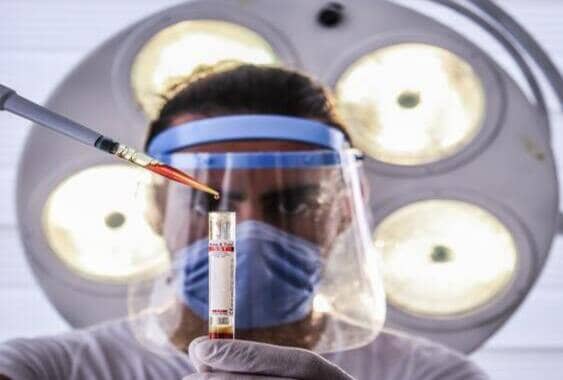Dental hygienists play a vital role in maintaining oral health by providing preventive and therapeutic services to patients. They work closely with dentists and dental assistants, ensuring patients receive comprehensive dental care.
Oral health is integral to overall health, and dental hygienists contribute significantly to this aspect. They promote oral hygiene, detect early signs of dental issues, and educate patients on proper care, contributing to the prevention of oral diseases and enhancing patients’ well-being.
What is a Dental Hygienist?
A dental hygienist is a licensed oral health professional who plays a critical role in maintaining patients’ oral health. They work in collaboration with dentists and dental assistants to ensure comprehensive dental care for patients.
Role of a dental hygienist
Dental hygienists focus on the preventive aspect of oral health care. They are responsible for conducting thorough teeth cleanings, applying preventive treatments such as sealants and fluoride, and educating patients on proper oral hygiene practices. They also play a crucial role in the early detection of oral diseases and conditions by examining patients’ teeth and gums and identifying potential issues that need further attention from a dentist.
Dental hygienist responsibilities and job duties
Some of the key responsibilities and job duties of a dental hygienist include:
- Performing oral health assessments, including reviewing patients’ medical and dental history
- Conducting teeth cleanings and removing plaque, tartar, and stains
- Taking and developing dental X-rays
- Applying preventive treatments such as fluoride and sealants
- Educating patients on proper oral hygiene practices, including brushing, flossing, and maintaining a healthy diet
- Assisting the dentist in developing comprehensive treatment plans for patients
- Monitoring patients’ oral health progress and updating dental records accordingly
- Adhering to infection control and safety protocols to maintain a clean and safe work environment
Overall, dental hygienists play a vital role in promoting oral health and preventing dental issues, contributing to patients’ overall well-being and quality of life.

Reasons to Become a Dental Hygienist
There are several compelling reasons to consider a career as a dental hygienist. Some of the most significant factors include competitive salary, positive job outlook, flexibility in work schedule and settings, and opportunities for professional development.
Dental Hygienist Salary
Dental hygienists are well-compensated professionals, making this career an attractive option for those seeking financial stability. According to the Bureau of Labor Statistics, the median annual wage for dental hygienists was $81,400 in May 2022. Additionally, they working in certain industries or geographic locations may earn even higher salaries.
Job Outlook and Growth Potential
The dental hygiene profession is experiencing strong growth, with the Bureau of Labor Statistics projecting a 7% increase in employment from 2022 to 2023, faster than the average for all occupations. This growth is primarily attributed to an aging population, increased awareness of the importance of oral health, and a growing demand for preventive dental care services.
Flexible Work Schedule and Settings
Many dental hygienists enjoy the flexibility of their work schedules, as part-time and full-time positions are available. Furthermore, dental hygienists can work in a variety of settings, including private dental practices, public health clinics, educational institutions, and corporate environments. This flexibility allows dental hygienists to balance their personal and professional lives effectively.
Opportunities for Professional Development
Dental hygienists have numerous opportunities for professional development and career advancement. By pursuing higher education, obtaining specialized certifications, and engaging in networking and professional organizations, dental hygienists can enhance their skills, expand their knowledge, and advance in their careers. This continuous learning and growth potential make the dental hygiene profession both rewarding and fulfilling.

Steps to Becoming a Dental Hygienist
Becoming a dental hygienist involves a series of steps that provide the necessary education, training, and licensure to enter this rewarding profession. The following steps outline the typical path to this career:
Complete High School or GED
The first step to becoming a dental hygienist is to complete high school or obtain a General Educational Development (GED) diploma. A strong foundation in science and math courses, including biology, chemistry, and algebra, is beneficial for pursuing a career in dental hygiene.
Select an Accredited Dental Hygiene Program
Next, aspiring dental hygienists should choose an accredited dental hygiene program. Accreditation ensures that the program meets the high standards of quality education necessary for preparing students to become competent dental hygienists. Many community colleges, universities, and technical schools offer dental hygiene programs, so it’s essential to research and select the best program that aligns with your career goals and needs.
Obtain an Associate or Bachelor’s Degree in Dental Hygiene
Typically, dental hygienists must obtain an associate degree in dental hygiene, which takes about two years to complete. However, some may opt to pursue a bachelor’s degree in dental hygiene, which can provide additional career opportunities and advancement potential. These programs combine classroom instruction, laboratory work, and clinical experience to provide comprehensive dental hygiene education.
Pass National and State Licensure Exams
After completing an accredited dental hygiene program, graduates must pass the National Board Dental Hygiene Examination (NBDHE) and any state-specific licensure exams. These exams assess the candidate’s knowledge, skills, and abilities necessary for providing safe and effective dental hygiene care. Upon passing these exams, dental hygienists are awarded licensure to practice in their respective states.
Maintain Licensure Through Continuing Education
Lastly, dental hygienists must maintain their licensure through continuing education. State requirements for continuing education vary, but typically involve completing a certain number of continuing education hours every renewal period. This requirement ensures that these professionals stay up-to-date with the latest advancements and best practices in the field, allowing them to provide the highest quality care to their patients.
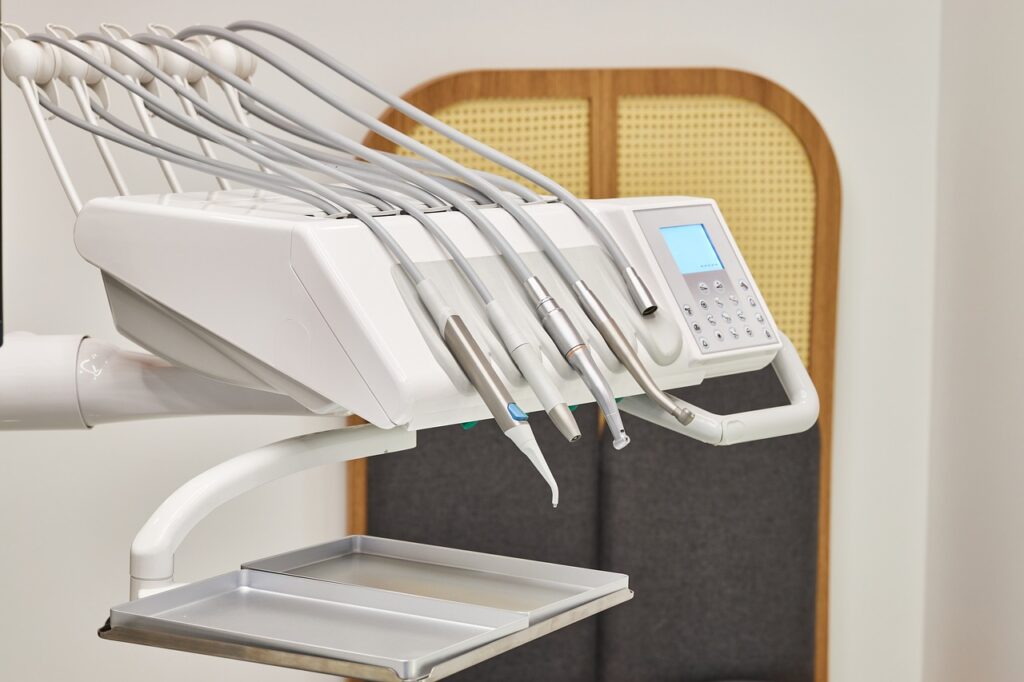
Choosing the Right Dental Hygiene Program
Selecting the right dental hygiene program is crucial for your success as a dental hygienist. There are several factors to consider when choosing a program, including accreditation, program length and format, curriculum and clinical experience, financial aid and tuition costs, and obtaining unbiased expert advice from resources like Pathways to Advancement.
Importance of Accreditation
Accreditation is essential because it ensures the program meets high standards of quality education. Attending an accredited dental hygiene program is often required for licensure and provides assurance that you will be well-prepared for your career as a dental hygienist.
Program Length and Format
Dental hygiene programs can vary in length and format. Typically, an associate degree program takes about two years to complete, while a bachelor’s degree program may take four years. Some programs offer flexible scheduling options, such as evening or weekend classes, and online or hybrid learning formats. Consider your personal and professional needs when selecting a program that suits your schedule and learning preferences.
Curriculum and Clinical Experience
A comprehensive dental hygiene program should provide a well-rounded curriculum, including classroom instruction, laboratory work, and clinical experience. This combination ensures you gain the necessary knowledge, skills, and hands-on experience to excel in your career. Look for programs that emphasize preventive care, oral health education, and patient communication, as these are key components of this type of role.
Financial Aid and Tuition Costs
When choosing a dental hygiene program, consider the tuition costs and financial aid options available. Many schools offer financial aid packages, scholarships, grants, and student loans to help offset the cost of education. Research the program’s tuition costs and financial aid options to make an informed decision about which program is the best fit for your financial situation.
Pathways to Advancement’s Unbiased Expert Advice
As you evaluate dental hygiene programs, consider seeking unbiased expert advice from resources like Pathways to Advancement. They can help you navigate the process of selecting an education pathway that aligns with your career goals and personal needs. By leveraging their expertise and guidance, you can make an informed decision about the right dental hygiene program for you.
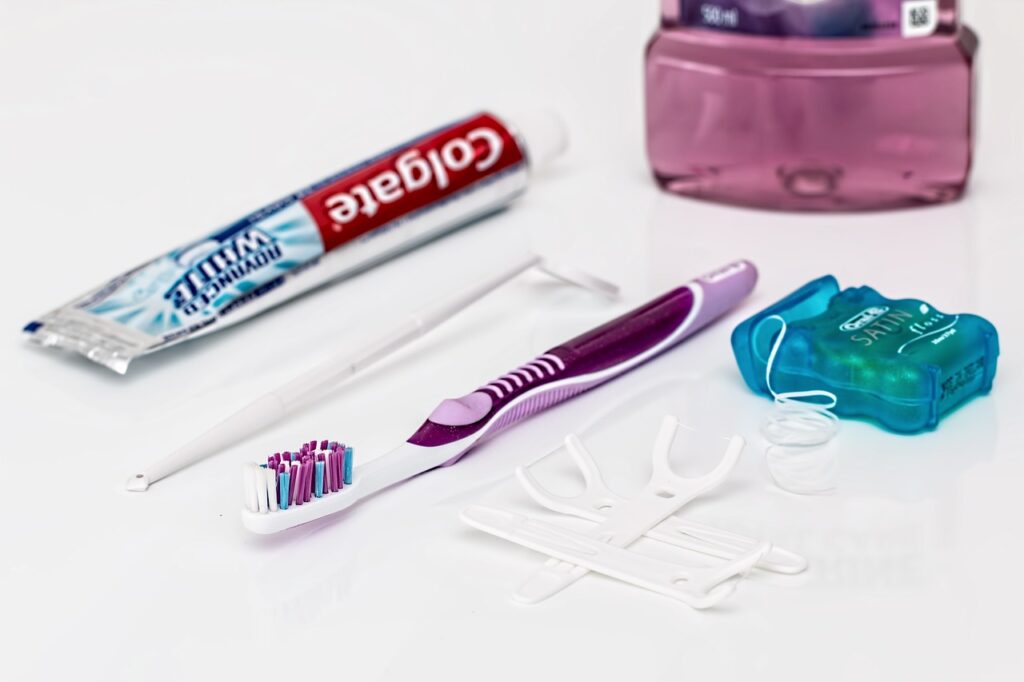
Dental Hygienist Careers and Work Settings
Dental hygienists have a variety of career opportunities and work settings to choose from. This diversity allows them to find a work environment that best suits their interests, skills, and personal preferences. Some common work settings for dental hygienists include:
Types of Dental Practices
Dental hygienists can work in various dental practices, each focusing on different aspects of oral health care. Some common types of dental practices where they may find employment include general dentistry, pediatric dentistry, orthodontic practices, periodontal practices, and oral surgery offices. Each type of practice offers unique experiences and opportunities for dental hygienists to specialize in specific areas of oral health care.
Public Health Settings
Some dental hygienists choose to work in public health settings, focusing on promoting oral health and preventing dental diseases in communities. In these settings, they may work for government agencies, non-profit organizations, or community health clinics, providing essential dental care services and education to underserved populations.
Educational Institutions
Dental hygienists can also work in educational institutions, such as dental hygiene schools or universities. In these roles, they may serve as educators, clinical instructors, or researchers, contributing to the advancement of the dental hygiene profession and the development of future dental hygienists.
Corporate and Industry Roles
Lastly, dental hygienists may find opportunities in corporate and industry settings. These roles may involve working for dental product manufacturers, insurance companies, or dental practice management organizations. In these positions, they can leverage their clinical expertise and knowledge to contribute to the business side of the dental industry, influencing product development, marketing, and practice management strategies.
Dental hygienists have a wide range of career options and work settings to choose from, allowing them to find a fulfilling and rewarding career path that aligns with their interests, skills, and personal preferences.
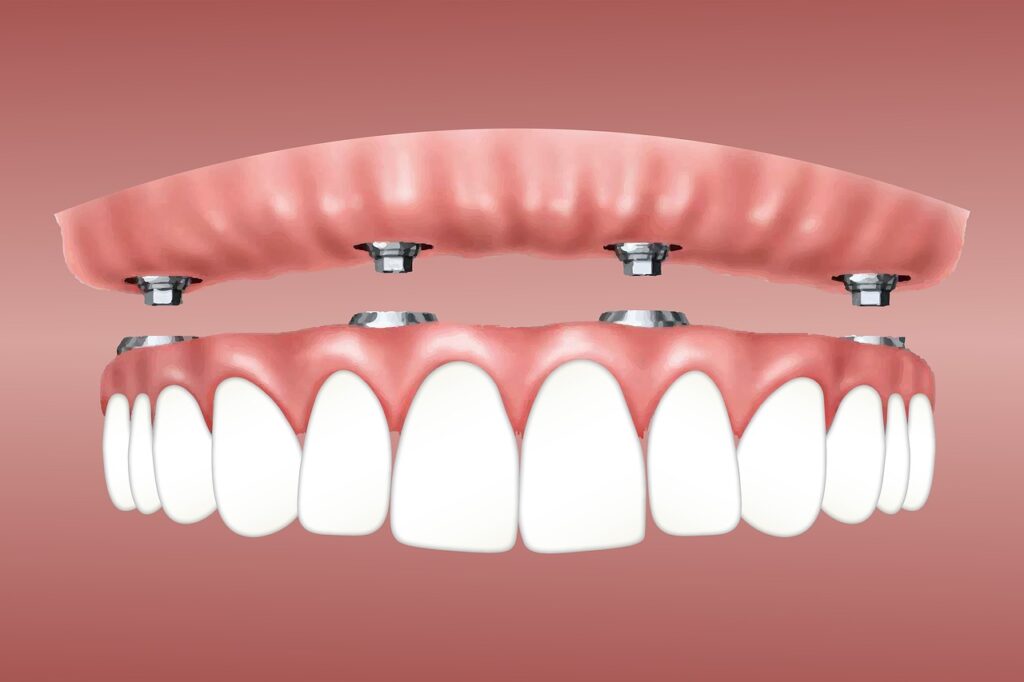
Certification and Licensure for Dental Hygienists
In order to practice as a dental hygienist, professionals must obtain the necessary certification and licensure. This process typically involves passing the National Board Dental Hygiene Examination (NBDHE) and meeting state-specific licensure requirements. Additionally, they must maintain their licensure through regular license renewal and continuing education.
National Board Dental Hygiene Examination (NBDHE)
The NBDHE is a comprehensive examination administered by the Joint Commission on National Dental Examinations. This exam assesses the candidate’s knowledge, skills, and abilities necessary for providing safe and effective dental hygiene care. Passing the NBDHE is a crucial step in obtaining licensure as a dental hygienist.
State-specific Licensure Requirements
Each state has its own specific requirements for dental hygienist licensure. These requirements may include additional examinations, such as clinical board exams or jurisprudence exams, as well as background checks and submission of official transcripts from an accredited dental hygiene program. It’s essential to research and understand the licensure requirements in the state where they plan to practice.
License Renewal and Continuing Education
Dental hygienists must maintain their licensure by renewing their license periodically, usually every one to three years, depending on the state’s regulations. This process often involves completing a certain number of continuing education hours during the renewal period. Continuing education ensures that dental hygienists stay up-to-date with the latest advancements, best practices, and emerging trends in the field, allowing them to provide the highest quality care to their patients.
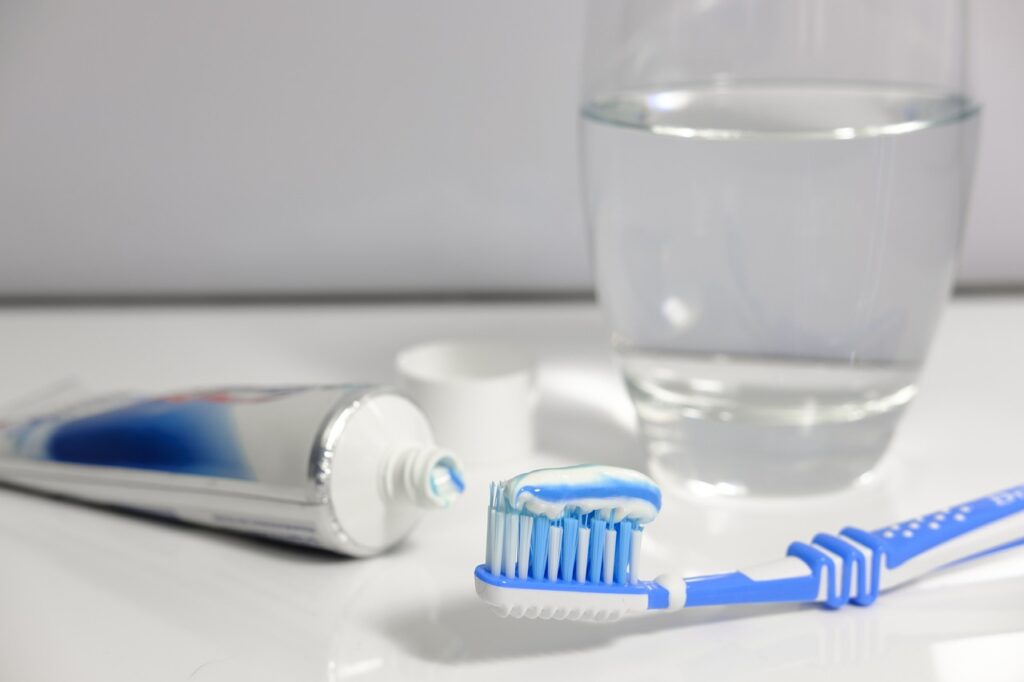
Advancing Your Dental Hygienist Career
As a dental hygienist, there are multiple avenues available to advance your career. By pursuing higher education, earning specialized certifications, and engaging in networking and professional memberships, you can enhance your skills, expand your knowledge, and unlock new career opportunities in the field.
Pursuing Higher Education
One way to advance your dental hygienist career is to further your education by obtaining a bachelor’s or master’s degree in dental hygiene or a related field. A higher degree can provide additional career opportunities and advancement potential, such as roles in management, education, research, or public health. Additionally, higher education can deepen your knowledge of oral health care and help you stay current with the latest advancements and best practices in the field.
Earning Specialized Certifications
Another way to advance your career is to obtain specialized certifications in areas such as local anesthesia, restorative functions, or dental hygiene education. These certifications can help you develop expertise in specific aspects of dental hygiene and set you apart from your peers. Pursuing specialized certifications demonstrates your commitment to professional development and can lead to new career opportunities or increased earning potential.
Networking and Professional Memberships
Finally, networking and engaging in professional memberships can significantly contribute to your career advancement. Joining organizations such as the American Dental Hygienists’ Association (ADHA) provides access to valuable resources, networking opportunities, and continuing education events. Building a professional network and staying connected with other dental hygiene professionals can help you learn from others’ experiences, stay informed about new job openings, and gain insights into emerging trends and best practices in the field.

Frequently Asked Questions About Becoming a Dental Hygienist
As you consider a career as a dental hygienist, you may have some questions about the process and what to expect. In this section, we address some frequently asked questions to help you better understand the path to becoming a dental hygienist.
How Long Does It Take to Become a Dental Hygienist?
The time it takes to become a dental hygienist can vary depending on the type of program you choose. Generally, an associate degree program in dental hygiene takes about two years to complete, while a bachelor’s degree program may take up to four years. Following the completion of your dental hygiene program, you will need to pass the National Board Dental Hygiene Examination (NBDHE) and any state-specific licensure exams to begin practicing in your state.
Dental Hygienist vs. Dental Assistant: What’s the Difference?
While both dental hygienists and dental assistants play important roles in the dental care team, their responsibilities and educational requirements differ. Dental hygienists focus primarily on preventive oral health care, performing tasks such as teeth cleanings, patient education, and early detection of oral diseases. Dental assistants, on the other hand, support the dentist by preparing patients for treatment, taking dental X-rays, and managing the administrative aspects of the dental office. Dental hygienists typically require a higher level of education and licensure, while dental assistants may have less formal education and training.
Can I Attend Dental Hygienist School Online?
While some dental hygiene programs may offer online or hybrid learning formats, it is important to note that a significant portion of dental hygiene education involves hands-on clinical experience. This practical training is essential for developing the skills and competence required to become a successful dental hygienist. As you research dental hygiene programs, be sure to consider the balance between online coursework and in-person clinical training to ensure you receive a comprehensive education.
What Skills Are Important for Dental Hygienists?
Dental hygienists must possess a wide range of skills to excel in their profession. Some important skills include:
- Strong communication and interpersonal skills to effectively educate patients and work with the dental team
- Attention to detail for accurately assessing patients’ oral health and detecting potential issues
- Dexterity and fine motor skills for performing precise dental procedures
- Empathy and a caring demeanor to provide a comfortable and positive patient experience
- Time management and organizational skills to manage patient appointments and maintain dental records
Developing these skills is crucial for providing high-quality dental care and ensuring a successful career as a dental hygienist.
Embark on Your Dental Journey
We’ve explored the rewarding career path of a dental hygienist, from understanding the role and responsibilities to the education and licensure requirements. These professionals play a crucial part in maintaining oral health, and this profession offers competitive salaries, flexible work schedules, and opportunities for growth. As you consider this allied health career, remember that Pathways to Advancement is here to help you find the right education pathway to meet your goals. Visit Pathways to Advancement for more career and education guidance tailored to your needs.
Resources
American Dental Hygienist Association: https://www.adha.org/education-resources/
Colgate: https://www.colgateprofessional.com/hygienist-resources
Dental Care (a P&G company): https://www.dentalcare.com/en-us/dental-hygienist-resources

